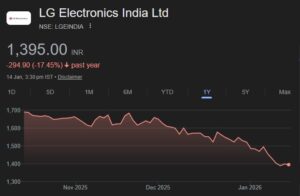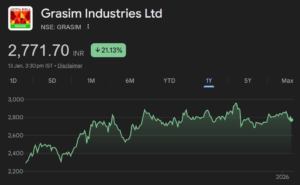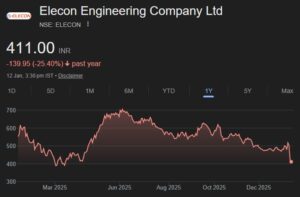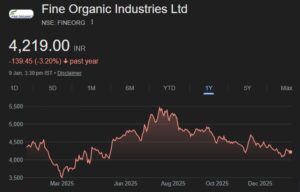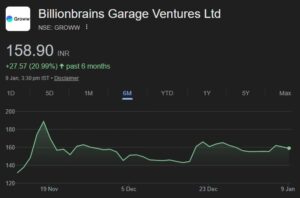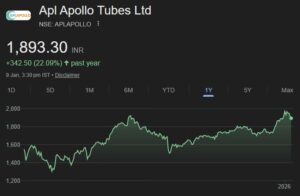
When veteran investor and fund manager Vikas Khemani speaks, market participants tend to listen. His recent post on X (formerly Twitter) about the Tata Capital IPO has sparked a much-needed discussion on investor behaviour, risk, and the perils of investing without adequate understanding.
“Tata Capital IPO priced at ₹326 per share. Many investors have bought in unlisted space as high as ₹1,050 over last few years. They wouldn’t break even over next five years. This is the downside of doing investments without using brain or understanding or out of FOMO. Even in a good company with high governance, without understanding, investors can lose money. #RiskReward must be understood before investing. Do what you understand, understand what you do!”
Tata capital IPO priced @ 326 per share. Many investors have bought in unlisted space as high as Rs 1050 over last few years. They wouldn’t break even over next 5 years. This is the downside of doing investments without using brain or understanding or out of FOMO. Even in a good…
— Vikas Khemani (@vikaskhemani) October 4, 2025
The Context: From ₹1,050 in Unlisted Space to ₹326 in IPO
Tata Capital’s upcoming IPO has been priced at ₹326 per share, but according to Khemani, some investors had previously purchased the company’s unlisted shares at prices as high as ₹1,050.
This implies a steep markdown for those early buyers, many of whom may not recover their investments for several years — despite the company’s strong reputation and governance standards. The episode underscores a critical lesson: even a high-quality company can deliver poor returns if the investment is made at an inflated valuation.
The Real Issue: Investing Out of FOMO
Khemani’s message goes beyond Tata Capital. It’s a reminder of a recurring pattern in Indian markets — investors chasing “hot” opportunities without fully grasping what they are buying.
During bullish phases, demand for unlisted shares or pre-IPO investments often surges. Investors, afraid of “missing out,” enter at lofty valuations without analysing fundamentals, exit options, or the true risk-reward balance.
When the IPO finally arrives, the listed price often reflects a more realistic valuation — leaving these investors nursing losses.
Why Even “Good Companies” Can Lose You Money
Several factors explain why investors can lose money even when the underlying company is strong:
-
Valuation matters.
Paying too high a price reduces future returns, regardless of the company’s quality. -
Unlisted shares are illiquid.
Unlike listed stocks, they are hard to sell. Once invested, you may be stuck for years. -
Market cycles shift.
Sentiment and risk appetite change over time. What seems valuable in a bull market may look overpriced later. -
Governance ≠ Guaranteed Returns.
Good governance lowers fraud risk, not valuation risk. Overpaying still hurts.
Practical Lessons for Everyday Investors
Financial experts echo Khemani’s core message: sound investing is not about following trends but about understanding businesses and pricing risk sensibly. For retail investors, this means:
-
Study before you invest.
Understand how the company earns money, its competition, and its growth prospects. -
Check valuations.
Compare P/E and P/B ratios with peers. If it looks expensive, it probably is. -
Avoid FOMO.
Just because “everyone” is buying doesn’t make it a good decision. -
Start small and diversify.
Never put large sums into speculative or illiquid assets. -
Think long term — but be realistic.
Strong companies take time to grow, and even then, your entry price matters.
“Do What You Understand, Understand What You Do”
Khemani’s final line encapsulates the essence of responsible investing.
Markets reward patience and knowledge, not emotion and imitation. Whether it’s an IPO, mutual fund, or an unlisted share, the golden rule remains timeless: invest only in what you understand, and ensure you understand what you invest in.
The Tata Capital example serves as a cautionary tale — that reputation, brand, and governance cannot compensate for poor price discipline or blind optimism. Investors who respect valuation and risk will always have the last laugh.
